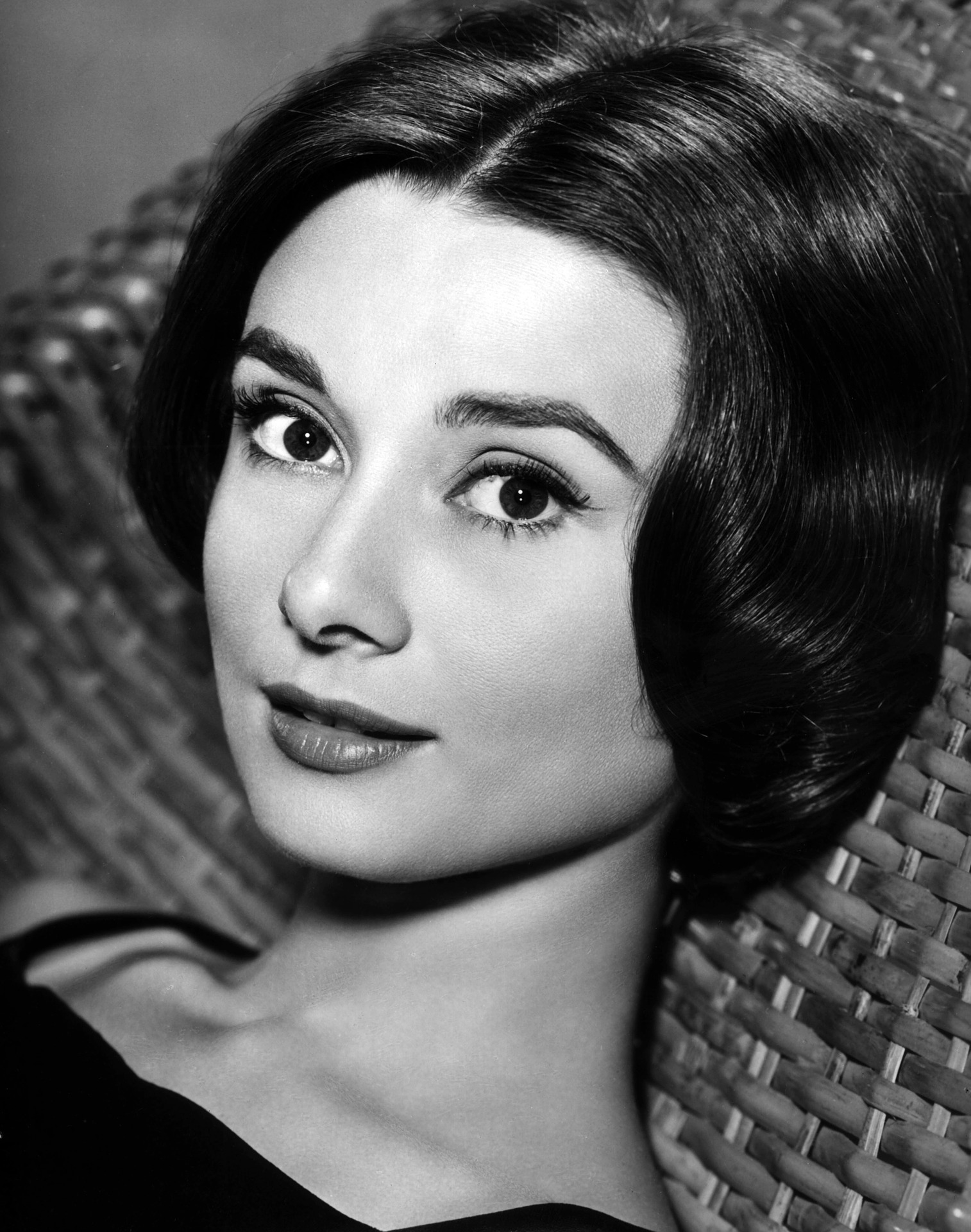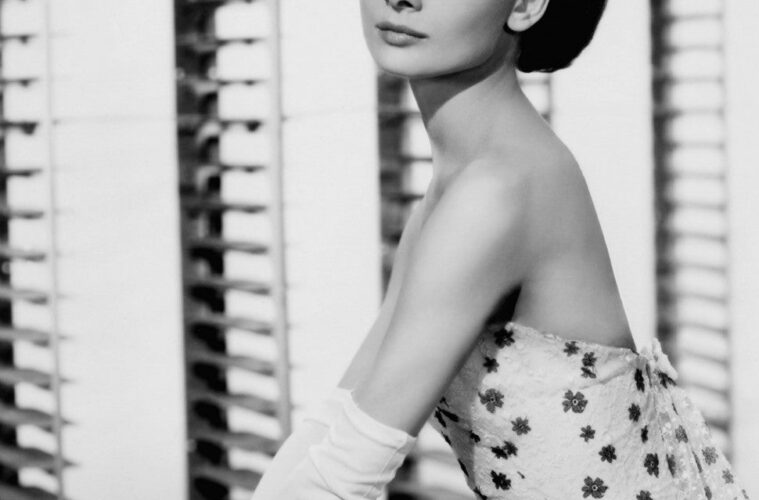On January 20, 1993, Audrey Hepburn, one of the most talented actresses of all time, died from colon cancer in her house in Tolochenaz (Switzerland) at the age of 63. Twenty-eight years after her death, she continues to enchant the world with her timeless elegance, impeccable style and ethereal beauty.We pay tribute to the star of “Breakfast at Tiffany’s” by retracing her extraordinary life, from her difficult childhood in the German-occupied Netherlands, to the rise to Hollywood stardom and her humanitarian efforts as UNICEF Goodwill Ambassador. Read on to learn more about one of the most influential silver screen icons of the twentieth century.

Audrey Hepburn was born in Brussels in 1929. The daughter of British financial advisor Joseph Victor Anthony Ruston, and Dutch baroness Ella Van Heemstra, she spent her early childhood between Belgium, The Netherlands and England. Fluent in Dutch and English, she soon developed a deep interest in dance.
With the outbreak of World War II in 1939, she moved to her family’s estate in Arnhem, where she witnessed the horrors of the conflict and endured near starvation; the memory of Nazi troops’ atrocities, the execution of her uncle and the deportation of her step-brother to a German labor camp will scar her for life and will motivate her to help the world’s most vulnerable children in later years. Once peace was restored, she started taking ballet classes in Amsterdam and London; despite her passion and natural grace, her height and debilitated body made the aspirations to become a professional ballerina unattainable, leading her to focus her energies on acting.
In 1948, she made her stage debut as a chorus girl in the West End musical production “High Button Shoes”. After several short movie appearances, her career took an unexpected turn when she captured the attention of French novelist Colette in Monte Carlo; the writer sensed that Hepburn would have been the perfect protagonist in the theatrical transposition of her work “Gigi” and insisted to cast her. The play, which premiered on Broadway in 1951, was an undoubted success with critics and audiences.
Hepburn’s brilliant performance attracted the interest of Hollywood and helped her to secure the title role in Roman Holiday in 1953. By portraying Princess Ann, a young royal who temporarily drops her duties to discover the Eternal City in the company of a charming reporter interpreted by Gregory Peck, Hepburn won an Oscar for Best Actress and paved the way towards a faultless career.
In 1954, she cemented her leading actress status by starring alongside Humphrey Bogart and William Holden in the romantic comedy Sabrina, where she plays a delightful lady who wins the hearts of two brothers. The movie marked the start of a long friendship between Hepburn and French couturier Hubert de Givenchy, founder of the namesake fashion house, who dressed her on and off-screen and significantly contributed to the definition of her unique style.
After winning the Tony Award for Best Actress for her work in “Ondine”, starring in “War and Peace” together with her husband Mel Ferrer and demonstrating her dancing skills in “Funny Face”, she reached the height of her fame by bringing Manhattan socialite Holly Golightly to life in “Breakfast at Tiffany’s”.
The film, which is based on the novella of Truman Capote, immortalized Hepburn’s magnetic screen presence and sophisticated allure. Her success continued throughout the 1960s, when she acted in the thriller “Charade” with Cary Grant and portrayed flower girl Eliza Doolittle in the screen adaptation of the musical “My Fair Lady”. In 1968 she divorced from Ferrer and tied the knot again with Italian psychiatrist Andrea Dotti, with whom she had a son. Following a hiatus from Hollywood that lasted almost a decade, she made a comeback on the big screen in 1976 costarring in “Robin and Marian” directed by Richard Lester.
Before joining UNICEF as a Goodwill Ambassador and entirely devoting herself to humanitarian work, she made her final appearance in the role of an angel in Steven Spielberg’s romantic comedy-drama “Always”. Gifted with great sensitivity, unparalleled kindness and heartfelt compassion, Hepburn actively promoted UNICEF’s work and took part in field missions; from visiting a polio vaccination campaign in Turkey to inaugurating a drinking water system in Guatemala and meeting displaced people in Eritrea, she made sure to reach the most disadvantaged children in the world.
Unrivaled actress, trendsetter and children’s rights advocate, Audrey Hepburn remains the indisputable embodiment of poise and firmness; her unmatched talent, a keen eye for style and tireless commitment to offering children a brighter future will always be remembered.


